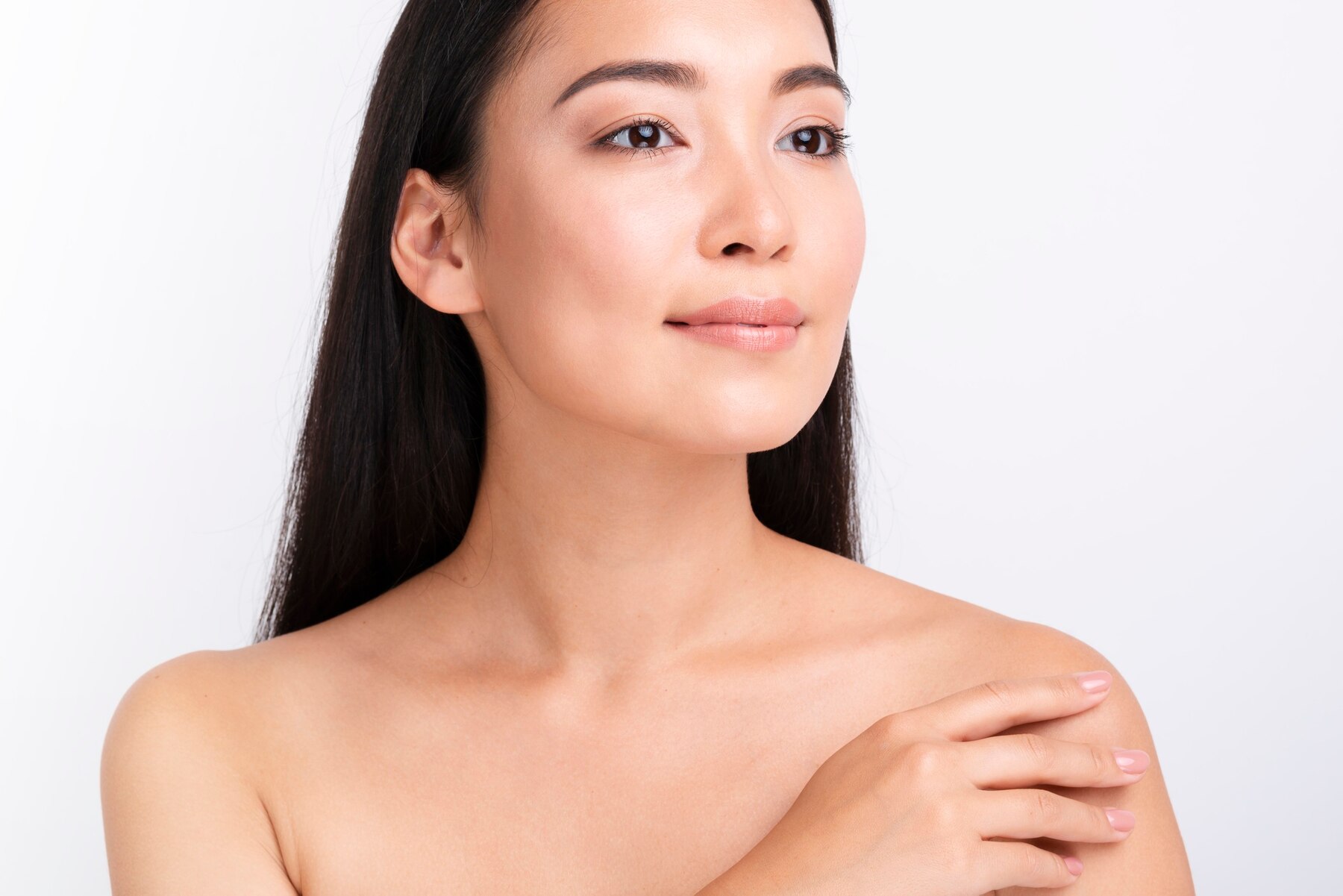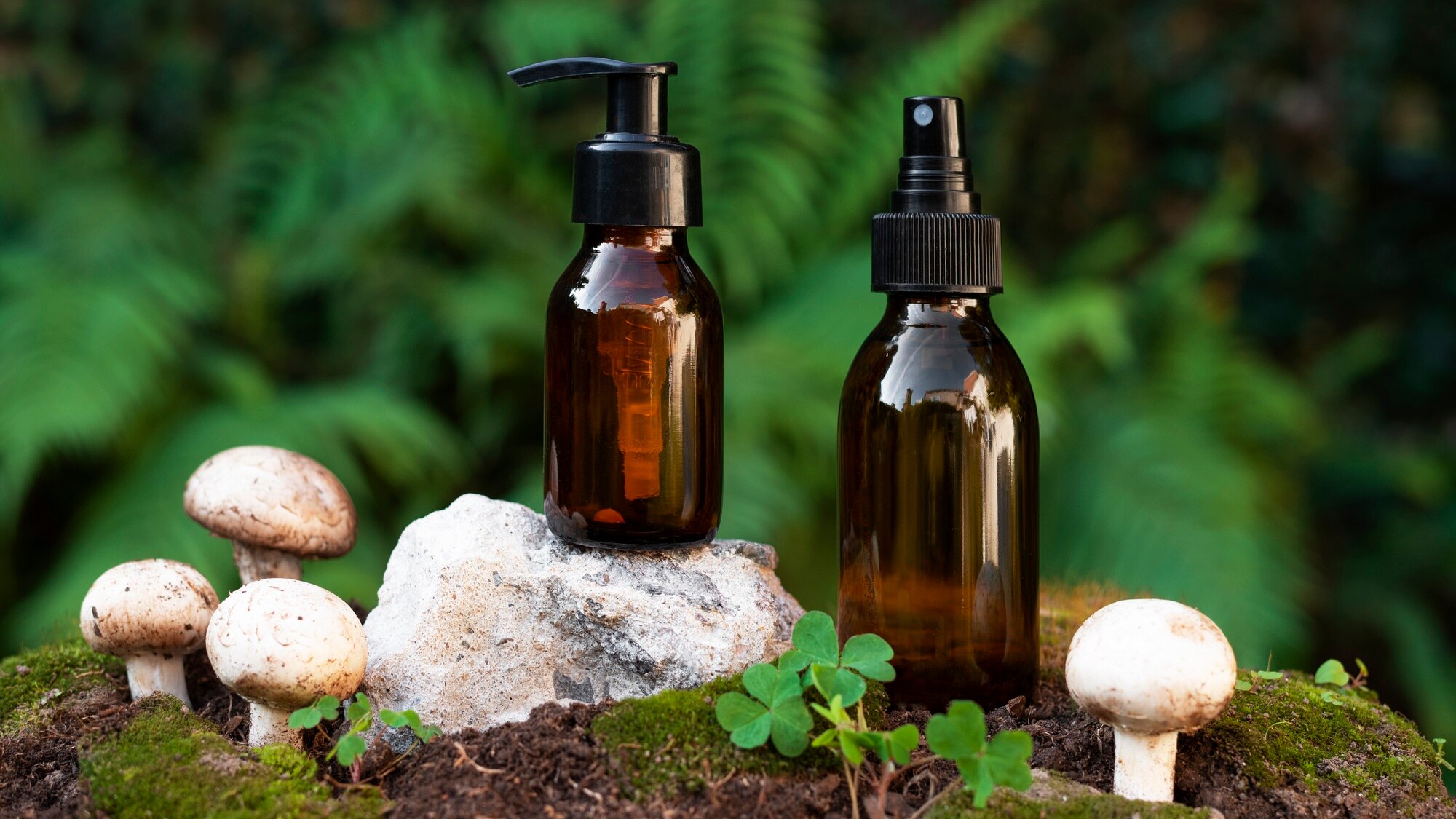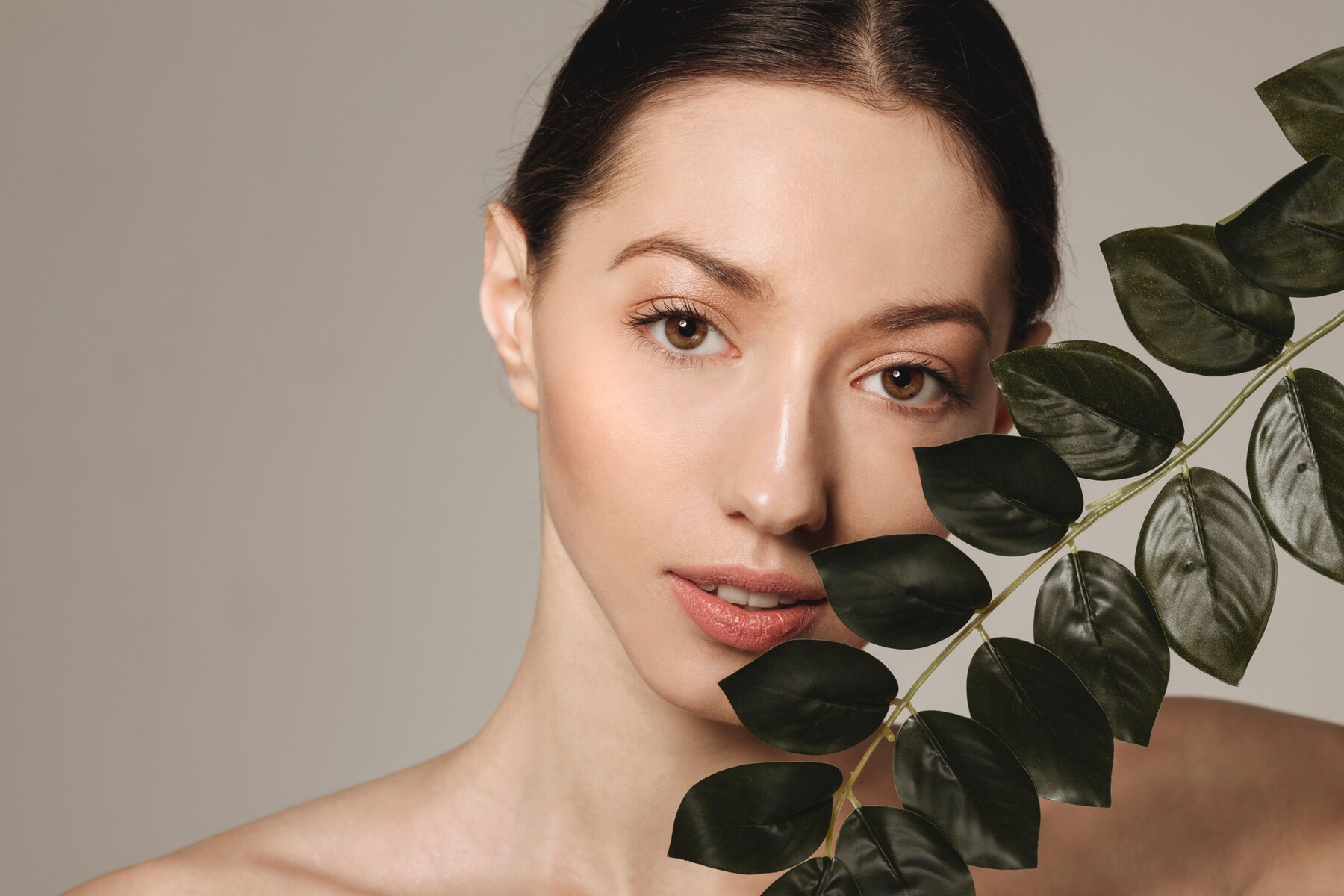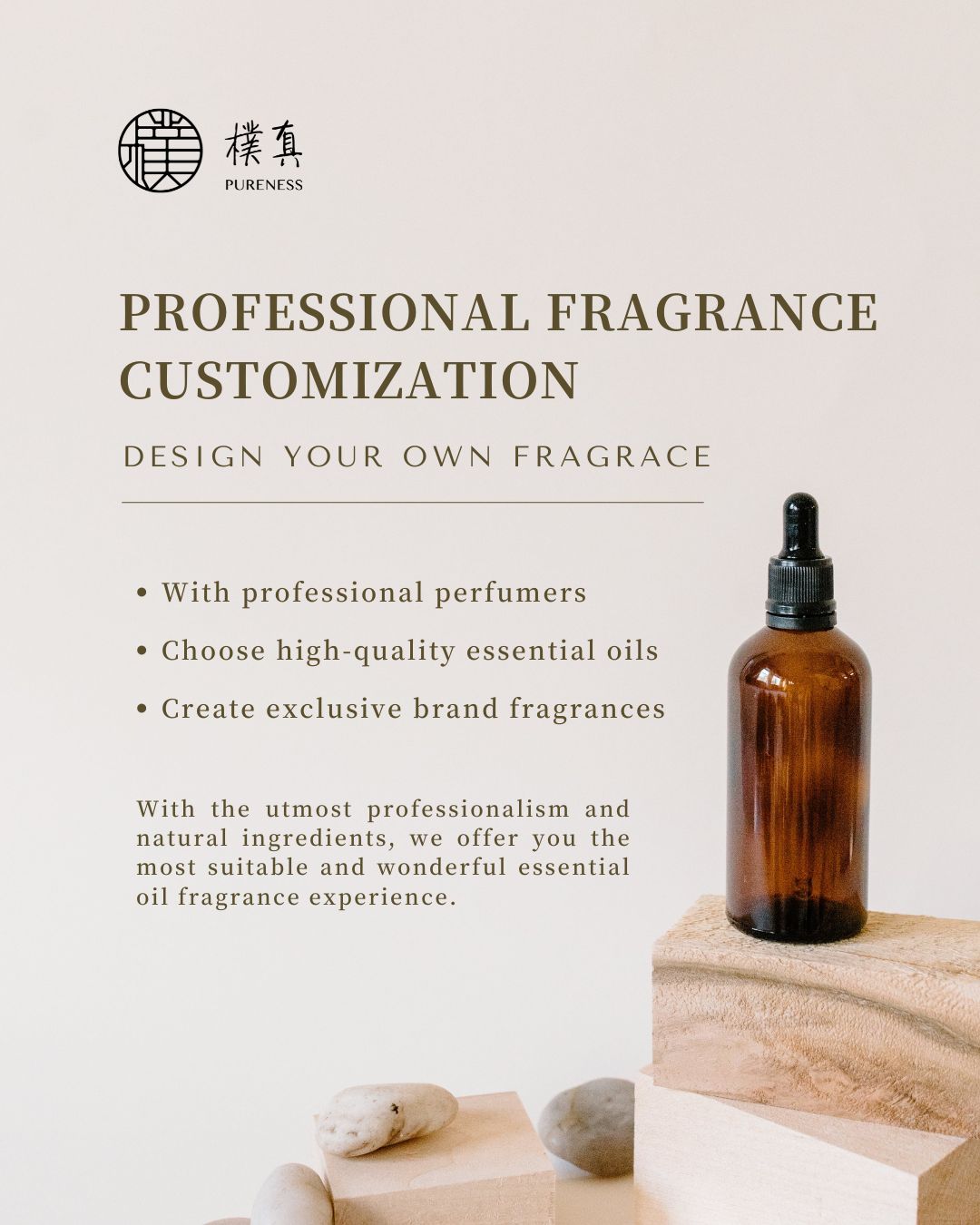
As the beauty industry shifts toward more responsible practices, the demand for natural and sustainable skincare products has surged. Consumers today prioritize personal well-being and the planet's health, prompting them to seek clean beauty solutions that align with these values. This article explores the rise of natural skincare, the importance of sustainable ingredients, and how brands are responding to the growing demand for eco-friendly practices.
1. Natural Skincare – A Path to Healthier Beauty
What is natural skincare?
Natural skincare focuses on using ingredients derived from nature rather than synthetic chemicals. These products exclude parabens, sulfates, and artificial fragrances, relying instead on plant-based extracts, essential oils, and naturally occurring compounds. Ingredients such as lavender oil, tea tree oil, and chamomile are commonly used in natural formulations due to their gentle yet effective properties.
Why is natural skincare growing in popularity?
Consumers have become increasingly aware of the potential risks associated with synthetic chemicals in conventional skincare. Essential oils, for instance, are widely embraced in natural skincare for their therapeutic properties and natural fragrance. Lavender oil can calm irritated skin, while tea tree oil helps with blemishes, adding another layer of functionality to skincare routines. As people seek to nourish their skin with ingredients they can trust, the natural skincare market continues to grow.
2. The Clean Beauty Movement
What is clean beauty?
Clean beauty refers to products that are free from harmful or questionable ingredients. Unlike natural skincare, which emphasizes plant-based components, clean beauty focuses on the safety of all ingredients, whether natural or synthetic. Clean beauty brands prioritize transparency and disclose all ingredients, ensuring their products are free from parabens, phthalates, sulfates, and synthetic fragrances.

Why do consumers prefer clean beauty?
The clean beauty movement is driven by consumer demand for transparency and safety. Many clean beauty products now incorporate essential oils not only as natural alternatives to synthetic fragrances but also for their skin benefits. For example, Frankincense oil contains compounds like boswellic acids, which some studies suggest may support skin health, while rose oil is revered for its moisturizing and soothing effects. Modern buyers want to know exactly what they’re applying to their skin, favoring products formulated with non-toxic, scientifically vetted ingredients.
3. Sustainable Ingredients – Caring for the Planet
What defines sustainable skincare ingredients?
Sustainable ingredients are those sourced and produced with minimal environmental impact. This can involve organic farming practices, responsibly sourced raw materials, and the use of renewable resources. Essential oils, when ethically sourced, are often highlighted as sustainable ingredients. At our recent seminar, we highlighted the importance of sustainability in sourcing essential oils, emphasizing our company's commitment to environmentally responsible practices. Pureness Explores the Connection Between Environmental Sustainability and Essential Oils
The role of upcycling in skincare
Upcycling, or using byproducts from other industries, is gaining traction in sustainable skincare. For instance, essential oils distilled from citrus peels (a byproduct of the juice industry) are becoming popular for their refreshing scent and skin-enhancing properties. This practice reduces waste and offers an innovative way to create high-performing skincare products while supporting a circular economy.

4. Paraben-Free and Essential Oil-Enriched Skincare
Why are parabens a concern?
Parabens, commonly used as preservatives in cosmetics, have raised concerns due to their potential link to hormone disruption. While the evidence is still being debated, many consumers prefer to err on the side of caution and choose paraben-free products. Paraben-free skincare ensures that your beauty routine doesn’t expose you to potentially harmful chemicals, while essential oils like rosemary and eucalyptus naturally offer antimicrobial properties to enhance preservation without synthetic additives.
Essential oils for fragrance and function
While fragrance-free products are popular among those with sensitive skin, essential oils offer a natural alternative to synthetic scents. Beyond their aromatic appeal, essential oils can enhance the overall experience of skincare. For example, neroli essential oil is appreciated for its soothing aroma, while peppermint oil is known for its refreshing qualities, making these oils a versatile choice in both functional and fragrance-focused skincare.
Conclusion
As consumers become more mindful of their beauty choices, the demand for natural, clean, and sustainable skincare products continues to rise. Brands that focus on transparency, ingredient safety, and environmentally-friendly practices are not only improving their customer’s skin health but also contributing to a greener planet. From paraben-free formulations enriched with essential oils to upcycled ingredients, the future of skincare lies in clean, eco-conscious beauty.

PURENESS | Essential Oil Wholesale | Fragrance Product OEM
For over 20 years, Pureness has deeply cultivated the essential oil industry, offering over 250 types of natural essential oils and 50 types of plant oils. We provide essential oils in large quantities, including big drums and kilogram-sized orders, to meet diverse customer demands. Our professional aromatherapy team is dedicated to formulating comprehensive recipes, a full range of fragrance products, and a complete line of OEM skincare solutions. We tailor formulations based on our customers' product needs, customizing fragrance scents and effects to produce standout products under exclusive brand names. Contact us for consultations and inquiries!
Contact Information|PURENESS
- Location: 5th Floor, No. 42, Zhongming South Road, West District, Taichung City
- Contact number: +886-4-2310-6863
- Email:sales@pureness.asia
- Contact channel:LINE@|Whatsapp|Email

More Articles
